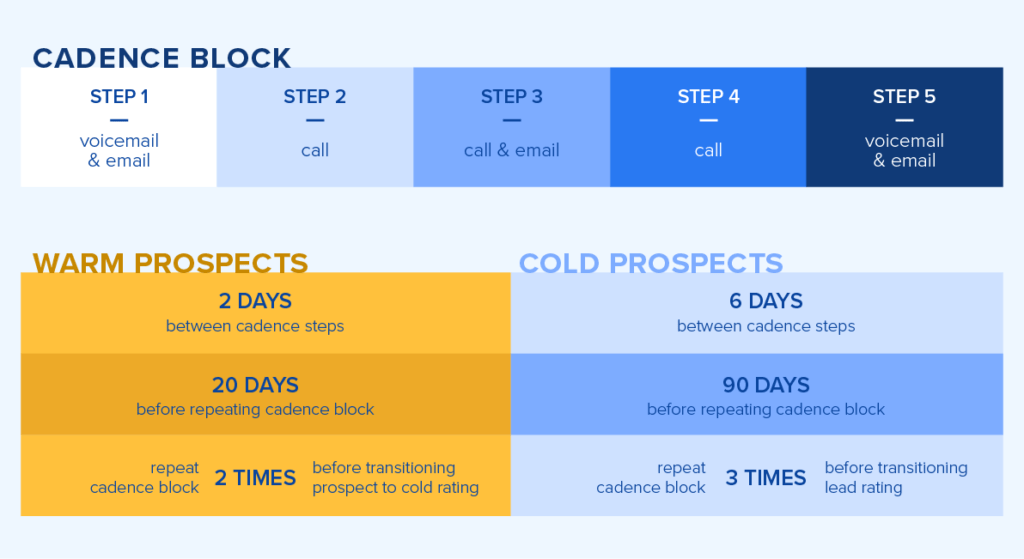How to Get Past the Gatekeeper in 7 Easy Steps


Tim Edwards
This post was originally published in August 2018 and has been updated for accuracy and comprehensiveness.
If you want to reach out to a prospect, then you’ll need to learn how to get past the gatekeeper. But who are gatekeepers and how can you convince them to connect you with the right person?
Gatekeepers are employees within a company who screen calls for their colleagues to help them save time. They’re often receptionists, assistants, and even office managers. To be a great gatekeeper means anticipating their colleague’s objections and understanding their decision drivers.
Based on our 16+ years in the appointment-setting industry, our first tip is not to treat gatekeepers as an obstacle. By recognizing how they can be incredible resources, you can leverage their knowledge to your advantage.
Here are seven steps to get past the gatekeepers:
- Treat them as allies
- Be a human, not a robot
- Listen to the conversation
- Do not use a generic cold-calling script
- Do not pitch the gatekeeper
- Be professionally persistent
- Let them be helpful

Download the SDR Playbook
Standardize your sales development process using our SDR playbook template with your discovered best practices.
1. Treat them as allies
As mentioned earlier, gatekeepers are not your enemies. Since their goal is to save their colleague’s time, your goal should be to convince them that your solution is worth their colleague’s time.
To start, evaluate your current team of sales development representatives (SDRs). They are often your prospect’s first impression of your brand, so make sure they maintain an approachable, courteous, and professional tone. This lets the gatekeepers know that you truly care about your prospect’s pain points and that your solution can solve their unique pain points.
If you’re just starting to build out your sales development team, be sure to check out our webinar, “How to Hire and Build a High-Performance SDR Team.” Hosted by our COO Michael Edwards, we go through how we interview and hire SDRs to join our team.
EBQ Tip: Treat gatekeepers as part of the decision-making committee. From there, formulate the gatekeeper’s buyer personas to identify effective talk tracks for better conversations.
2. Be a human, not a robot
In the age of AI, many business leaders are tempted to automate anything and everything — including their sales. However, there are huge risks to relying on sales automation technology when outreaching prospects.
Instead, be a human by speaking confidently and colloquially. This disarms the gatekeeper and encourages them to stay on the phone with you. And once they point you to the right person, remember to thank them.
3. Listen to the conversation
Naturally, you’ll be tempted to dominate the conversation and try to demonstrate your solution’s value to the gatekeeper. But the harsh truth is that no one likes to be talked at.
Studies show that the most successful sales professionals only speak 43% of the time. Translation? Listen more than you talk.
Through this sales discovery process, you should learn more about your prospects as they learn more about you. Gatekeepers are often influencers within the company, so they may drop key information that informs your next conversation.
For example, when the gatekeeper mentions a name, make a note of it to personalize future outreach attempts.
4. Do not use a generic cold-calling script
Gatekeepers are fielding multiple cold calls every day. So if you use a generic script, you will not stand out from the crowd.
Instead, research your target prospect’s company using public information — such as their social media, website, and press releases. That way, you ask impressive discovery call questions that demonstrate you have done your homework.
EBQ Tip: In Chapter 5 of the Ultimate Guide to B2B Appointment Setting, we outline how to write a strong cold-calling script. We also include real-life examples for your reference.

Subscribe to EBQ's Bimonthly Newsletter

Subscribe to EBQ's Bimonthly Newsletter
5. Do not pitch the gatekeeper
From our experience, gatekeepers usually don’t have a final say in the purchasing decision. We find that the more information you give upfront, the more opportunity they have to reject you.
Therefore, keep your conversations brief and concise. You should encourage them to point you in the right direction — rather than convince them your solution can provide their colleague’s pain points.
6. Be professionally persistent
The average B2B buyer says “no” four times before saying “yes” — yet almost half of surveyed salespeople give up on a lead after the first rejection.
Therefore, a strong sales call cadence strategy will inform your SDRs when to follow up based on how interested the prospect seems to be in your solution.

EBQ Tip: Based on our 87+ million dials, we can tell you that the touch cadence’s timeframe is dependent on three factors:
- Database team
- Team size
- Prospect’s level of interest
If you’re struggling to strike the right balance, contact one of our Business Consultants. With more than 4000+ completed projects, we know how to implement our proven sales development process with your industry’s unique landscape.
7. Let them be helpful
Finally, empower the gatekeeper to help you. We’ve mentioned this before, but creating a well-defined gatekeeper buyer persona allows you to identify common talk tracks down the line.
We find that asking clarification questions often convinces them to connect you with the decision-maker.
For more tips on connecting with decision-makers, check out our article, “Getting Appointments with Decision-Makers.” We outline how to set a sales meeting or product demo with those with final purchasing power.

Download the SDR Playbook
Standardize your sales development process using our SDR playbook template with your discovered best practices.
How to bypass the gatekeeper
In this article, we dive into the seven steps to get past the gatekeepers:
- Treat them as allies
- Be a human, not a robot
- Listen to the conversation
- Do not use a generic cold-calling script
- Do not pitch the gatekeeper
- Be professionally persistent
- Let them be helpful
Are you interested in fortifying your sales development efforts? Our SDR team is here to help you reach the right people on the right channel at the right time. Visit our appointment setting page to learn more about our services.
